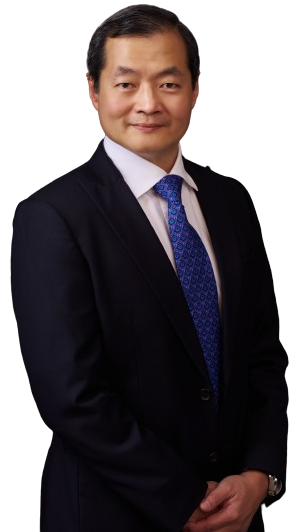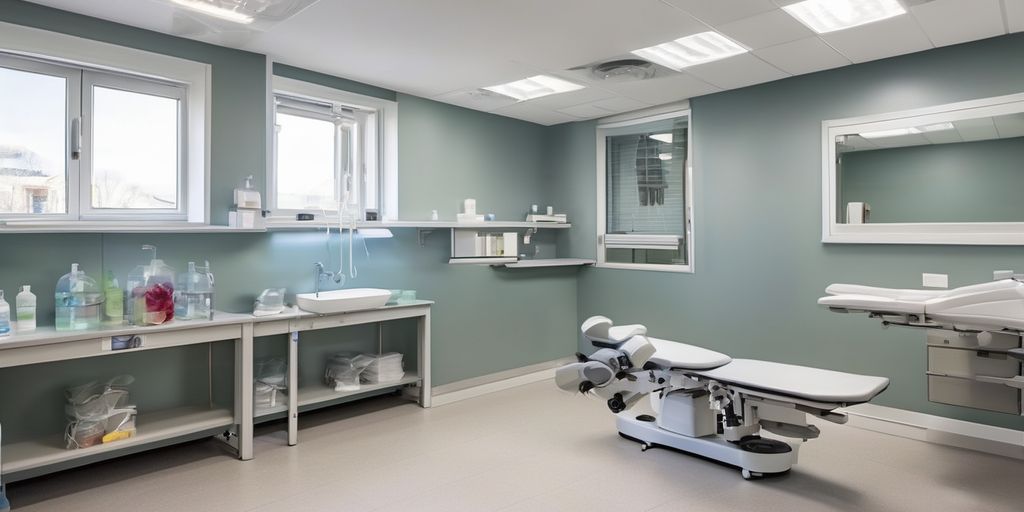
Back pain is a common yet complex issue that affects millions of people worldwide. Consulting a spine surgeon will allow for a structured diagnostic process and a holistic treatment discussion ranging from non invasive therapy to spine surgery according to the severity of the condition.
Key Takeaways
- Spine surgeons can diagnose the root cause of back pain through comprehensive evaluations and advanced diagnostic tools.
- They offer a range of advanced treatment options, including non-surgical treatments, minimally invasive procedures, and surgical interventions.
- Consulting a spine surgeon early can prevent worsening of your condition.
- Spine surgeons collaborate with other specialists, physical therapists, and pain management experts, to provide holistic care.
Initial Consultation and Medical History
One of the first steps a spine surgeons will do is to assess your symptoms and review your medical history. This initial consultation is crucial for understanding the context of your back pain and any previous treatments you may have undergone. A thorough medical history evaluation helps in identifying any underlying conditions that could be contributing to your discomfort.
Diagnostic Tests and Imaging
To accurately diagnose the cause of your back pain, spine doctors often rely on diagnostic tests and imaging techniques. These may include X-rays, MRIs, and CT scans. These tests are essential for visualizing the spine’s structure and identifying issues such as fractures, alignment problems, or nerve compression.
Identifying the Root Cause
After gathering all necessary information from the initial consultation and diagnostic tests, the spine surgeon will focus on identifying the root cause of your back pain. This step is vital for developing an effective treatment plan that addresses the underlying issue rather than just short term pain control. By pinpointing the exact cause, whether it’s a muscle strain, herniated disc, spinal stenosis or other conditions, the spine surgeon can recommend the most appropriate treatment options.
Identifying the cause of your spine pain is essential for developing the most effective treatment plan. This process includes a thorough history, a physical examination, and imaging of the spine to pinpoint the source of the pain.
Advanced Treatment Options Offered by Spine Surgeons
Non-Surgical Treatments
Not all spine conditions require surgery. Skilled spine surgeons offer a wide range of non-surgical treatment options, such as physical therapy, medication, spinal injections (steroids or radiofrequency neurotomy) and rehabilitation programs. These conservative approaches aim to alleviate pain, improve mobility, and restore functionality, providing effective alternatives to surgery.
Surgical Procedures
When surgery becomes necessary, seeking advice from an experienced spine surgeon offers access to advanced surgical techniques ranging from minimally invasive procedures to navigation-assisted surgeries.
Consulting a spine specialist ensures access to the most appropriate and effective treatment options for back pain management.
When to Consult a Spine Doctor for Back Pain
Conclusion
Navigating the complexities of back pain can be overwhelming, but consulting a spine doctor is a crucial step towards effective management and relief. Whether you start with a primary care physician or go directly to a spine specialist, the key is to seek professional medical advice for your specific condition. A spine doctor can provide a thorough diagnosis, recommend appropriate treatments, and guide you through a customised care plan.
By taking this proactive approach, you can significantly improve your quality of life and ensure that your spine health is in expert hands. Don’t let back pain dictate your life—reach out to a spine doctor and take the first step towards recovery today.
About The Author

Dr Gamaliel Tan
Orthopaedic Surgeon Specialising in Spine Surgery in Singapore
Dr Gamaliel Tan is a qualified and experienced spine specialist in Singapore with over 25 years of experience in designing and providing effective solutions for different orthopaedic problems. He specialises in spine surgery and has experience in endoscopic spine surgery and motion preservation spine procedures (artificial disc replacements).
He is a member of the Singapore Spine Society and AOSpine Society.





